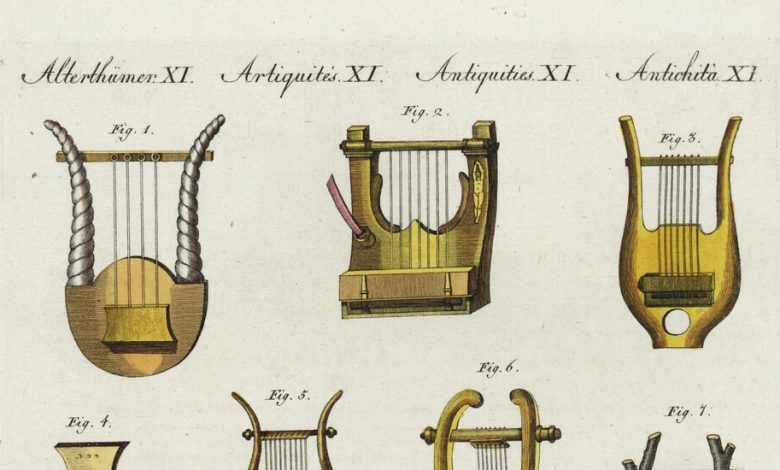‘Music Speaks to Some Deep Need Among Humans’

More from our inbox:
- Will Politicians Accept the Election Results?
- Honoring the Dead
- Fear of Crime

A research team that comprised musicologists, psychologists, linguists, evolutionary biologists and professional musicians recorded songs in 55 languages to find that songs share certain features not found in speech.Credit…Album/Alamy
To the Editor:
Re “Delving Into the Archaeology of Music” (Science Times, May 21):
Virtually all our achievements as a species depend upon humans working together. One human alone, in a state of nature, is a medium-sized animal struggling for survival (and with no use for music). Working in tandem, we produce homes, towns, cities, factories and all the rest.
Music is a vital part of that process. Most traditional music is highly functional. It’s used for religious ceremonies, community events, family gatherings, dancing, courtship and labor (keeping workers in sync). Sometimes, as in the case of the Scottish bagpipe, it plays a role in battle.
Music is like an intangible thread tying us together. Anything that facilitates human cooperation confers a major survival advantage. It’s no wonder that music, like language, is universal among us.
David Goldberg
New York
To the Editor:
I was interested to read the latest research into music using big data, as your article reports. My late father, David Epstein, a conductor and a professor of music at M.I.T., did a lot of research into musical performance that pointed to how and why music taps into some fundamental human abilities, across cultures.
His work focused on tempo/rhythm/pulse, and he uncovered some fascinating features of tempo that were of interest to scientists from many disciplines. One of his main findings (with the use of a stopwatch — not big data!) was that highly skilled musicians have such a fine-tuned sense of rhythm that they can play with the tempo in a piece, take a phrase and stretch it out here, and then speed up somewhere else, landing exactly where they might have if they had played a straight (and boring) metronome tempo through the whole piece. Audiences respond to the drama in that playful interpretation.
I don’t think my father ever questioned that music speaks to some deep need among humans — for a language beyond words that allows us to tie our very heartbeats to one another.
